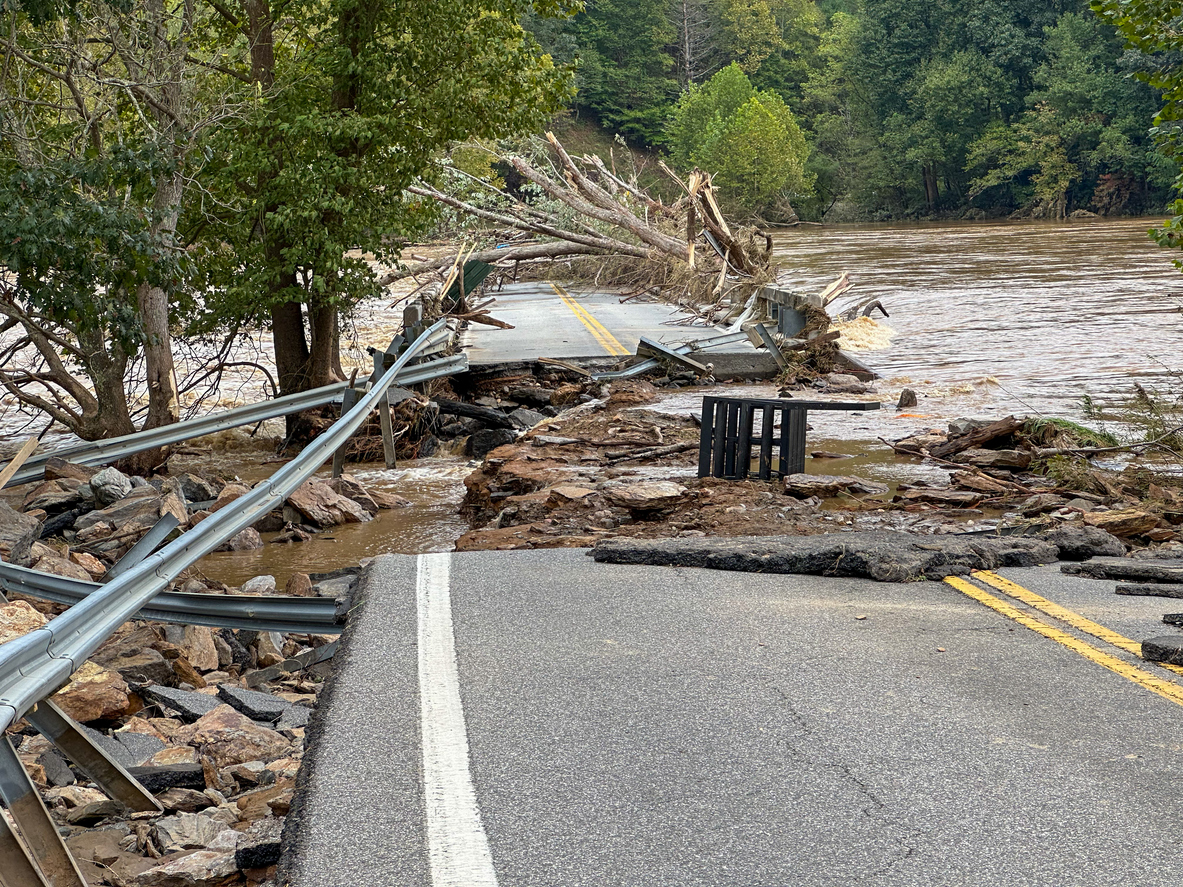From extreme weather events to rising sea levels, climate risks poses a significant threat to public infrastructure, finances and safety. Municipalities must conduct comprehensive risk assessments to identify potential vulnerabilities and prioritize mitigation efforts. This includes assessing the vulnerability of critical infrastructure such as roads, bridges and water treatment plants to extreme weather events like floods, hurricanes and wildfires. By understanding their unique risk profile, municipalities can develop targeted strategies to reduce exposure and enhance resilience.
Investing in resilient infrastructure is crucial for municipalities. This involves not only repairing and maintaining existing infrastructure but also implementing proactive measures to strengthen it against future weather-related hazards. One effective strategy is the incorporation of climate adaptation measures into infrastructure planning and development processes. This may involve elevating buildings in flood-prone areas, improving drainage systems or incorporating green infrastructure such as rain gardens and permeable pavement to mitigate the impact of heavy rainfall. By integrating climate resilience into infrastructure investments, municipalities can reduce long-term risk and protect their communities from costly damage.
In addition to physical resilience, municipalities must prioritize financial resilience to ensure they have the resources and capacity to respond to and recover from extreme weather disasters. This requires a comprehensive understanding of the financial implications of climate risks and the development of strategies to mitigate those risk. For example, potential losses related to extreme weather events should be factored into municipality budgets. Leaders should also consider comprehensive risk assessments to quantify the potential costs associated with climate-related hazards. By better understanding their exposure, municipalities can allocate resources more effectively and ensure they have the financial capacity to respond to climate-related disasters.
Furthermore, collaboration and partnerships are essential for building resilience at the local level. This includes engaging with community organizations, businesses and residents to raise awareness about climate risks and develop collective strategies for adaptation and mitigation. By fostering collaboration and sharing knowledge and resources, municipalities can leverage the expertise of diverse stakeholders to build more resilient communities. Municipalities can also invest in public awareness campaigns to inform residents about climate risks and encourage proactive measures such as emergency preparedness, flood insurance and sustainable land use practices.
Municipalities must also consider the critical role of their workforce in maintaining essential services and responding to climate-related emergencies. It's imperative to engage with stakeholders such as community organizations, businesses and labor unions to ensure the safety and protection of municipal workers during climate-related disasters. Municipalities should engage with a trusted partner who can provide expertise and support in developing strategies to protect workers. With the right partners, municipalities can access the necessary tools and resources to better safeguard their workforce and reduce liability.
*The views and opinions expressed in the Public Risk Management Association (PRIMA) blogs are those of each respective author. The views and opinions do not necessarily reflect the official policy or position of PRIMA.*

By: Greg Sisson
Chief Claims Officer, Charles Taylor
Greg helps oversee third-party claims administrator for municipalities, utilities, school districts and private employers with operations across the United States. Charles Taylor offers a full suite of managed care solutions including 24/7 nurse triage, case management, bill review and PPO networks.



